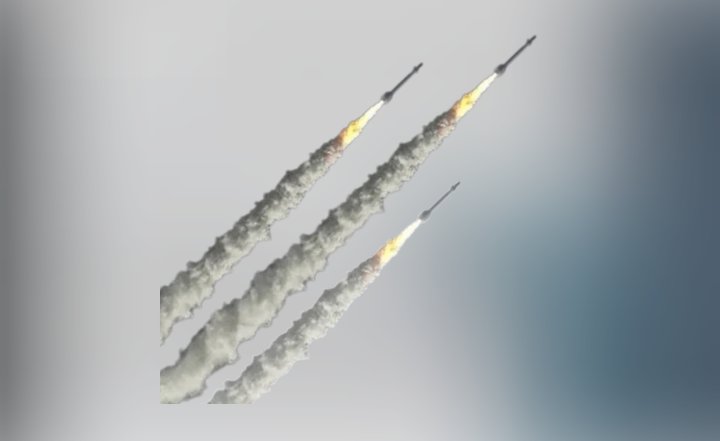
June 28, 1982 Table of Contents
CURRENT AFFAIRS
Back in 1947, the Arabs were offered part of the loaf of Palestine by the United Nations, which wanted to partition the mandated area that Britain was giving up. To the Arabs, it didn’t sound like a very good deal.
Lebanon Invasion: When And How It Began —p.3
It began when the Israelis wanted it to begin. The plan for the invasion had been ready for many months, and Defense Minister Ariel Sharon had been chafing to implement it—but had been held back by Prime Minister Begin because the time was not right.
The Blitz and The Overkill —p.3
Israel’s three-pronged ground attack brought Israeli troops to the gates of Lebanon’s presidential palace, just outside Beirut, in only six days, and once again—as had been the case after the 1967 war—many Americans were oohing and aahing over Israel’s military prowess.
Trade and Finance
Saudi Arabia’s warnings of Arab economic reprisals unless the U.S. acted to curb the Israelis have revived speculation that the Arab “oil weapon” may be deployed again, as it was in 1973.
Since the first day of Israel’s invasion the National Association of Arab Americans (NAAA) has been working individually and with other Arab-American groups in Washington in an ad hoc coalition to bring political pressure to bear on the Reagan Administration and members of Congress to have them help, bring about an Israeli withdrawal.
REGULAR FEATURES
U.S. Encouragement and Acquiescence —p.5
On the eve of the invasion, Israel had every reason to believe that it could go ahead without fear of any meaningful opposition from the United States. Ever since the evacuation of Sinai, the Reagan Administration had been downplaying its earlier irritation over Israel’s annexation of the Golan Heights and hardline attitudes on West Bank “autonomy,” and had been acting as though it wanted bygones to be bygones.
A Chronology of U.S.-Middle East Relations
Until June 6, 1982, Peter Gubser, as President of American Near East Refugee Aid (ANERA), spent most of his time absorbed with the task of helping Palestinians in the West Bank and Gaza carry out projects for their social and economic development. But the invasion of Lebanon changed all that. ANERA, as its name indicates, is also very much in the business of helping refugees stay alive and well, and now had its work cut out for it.



